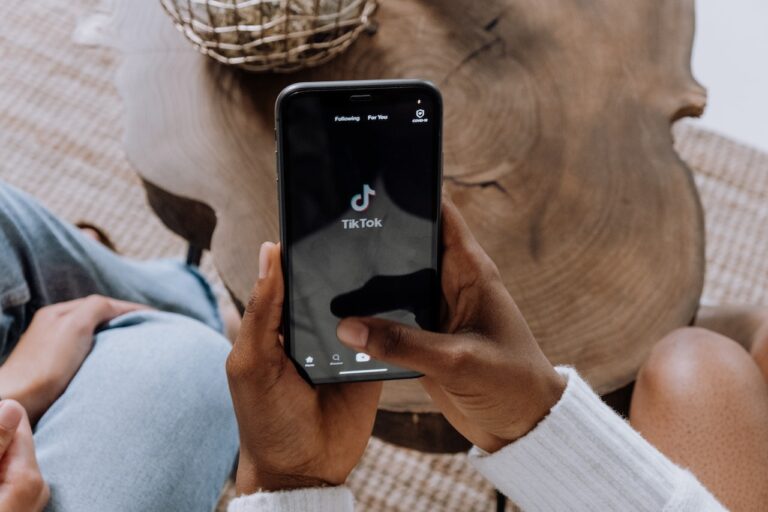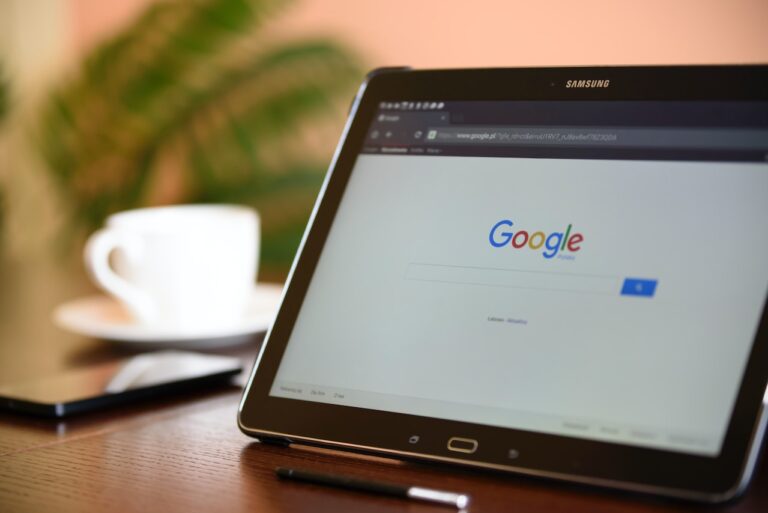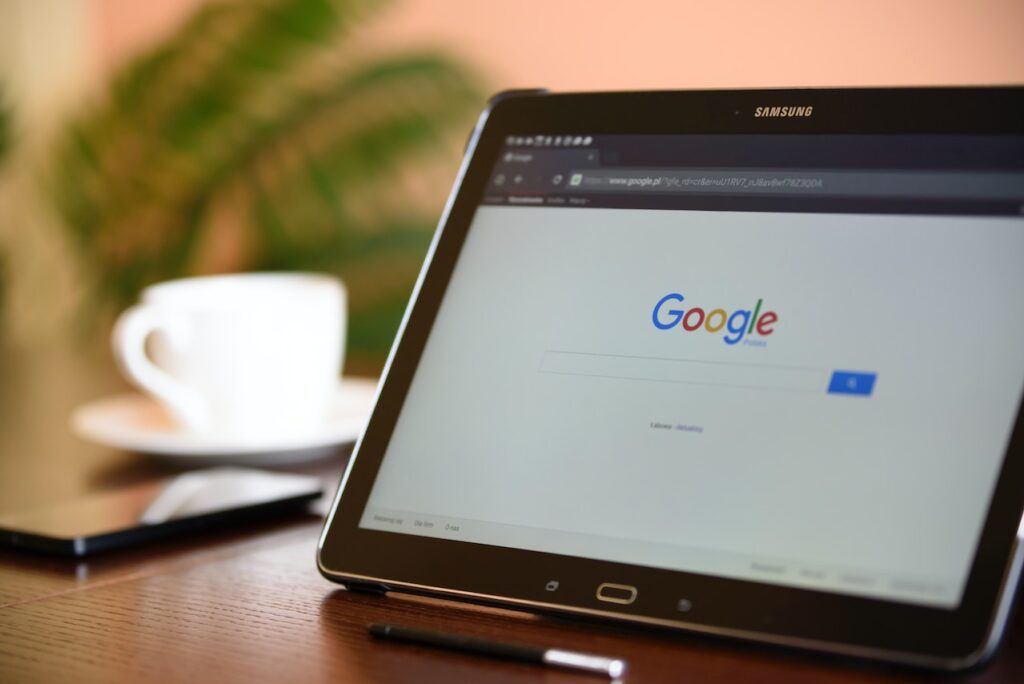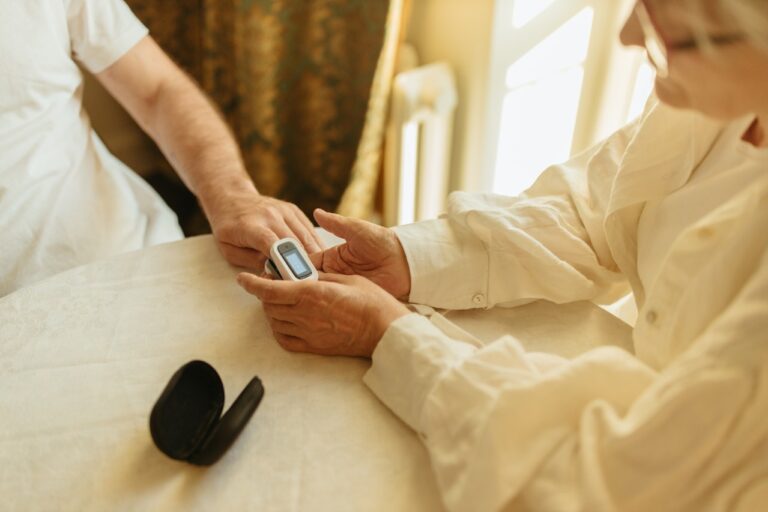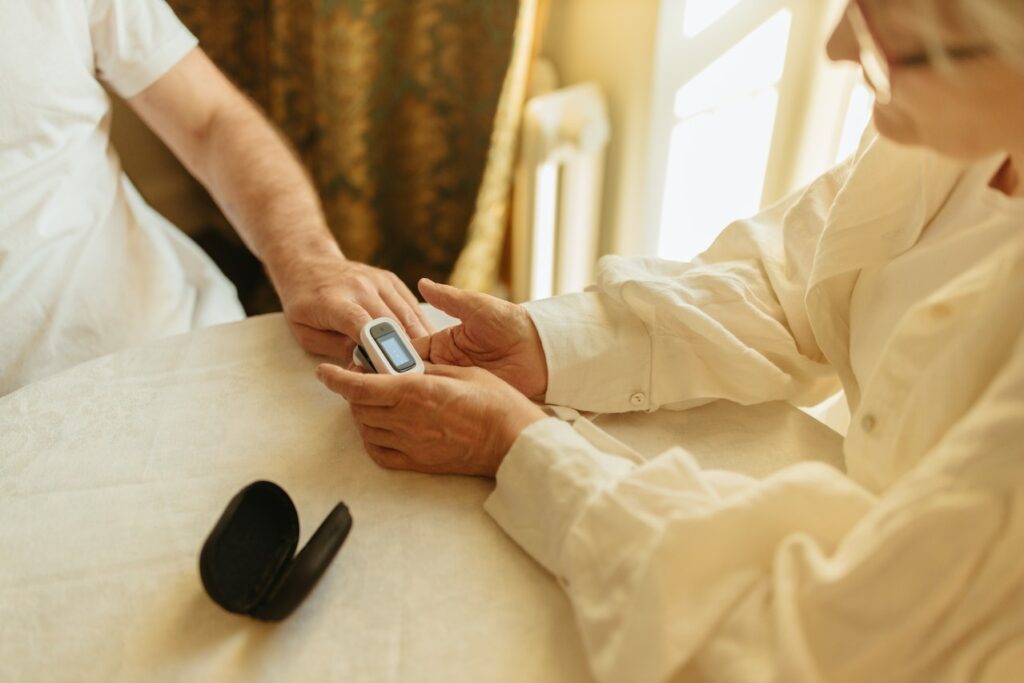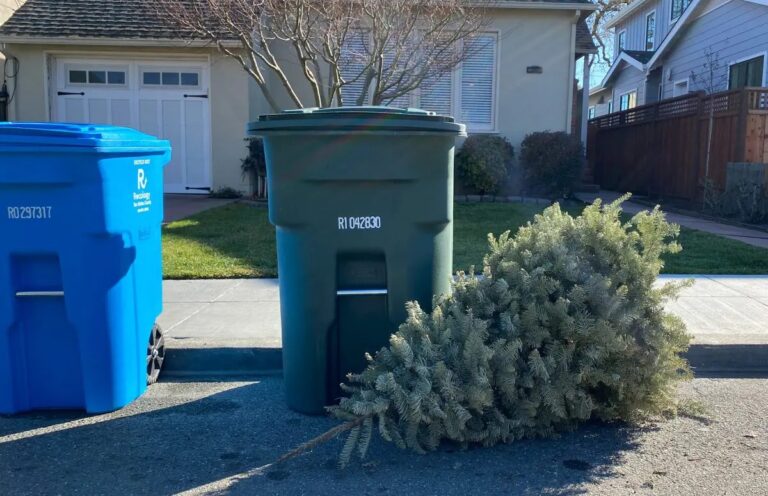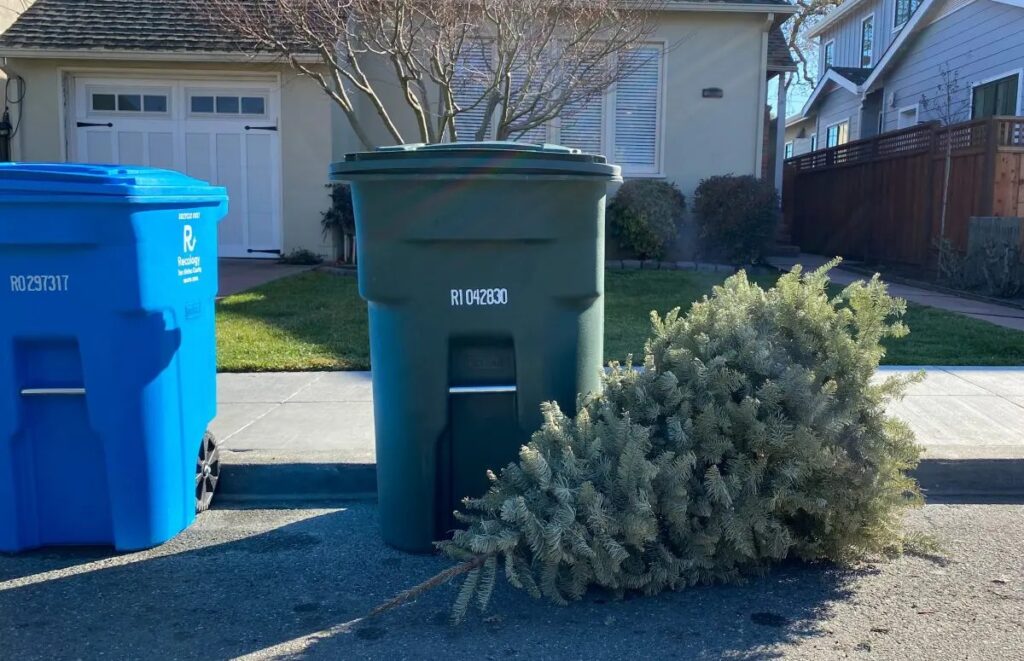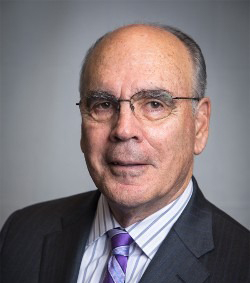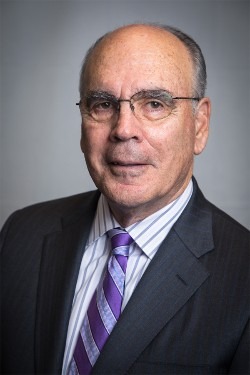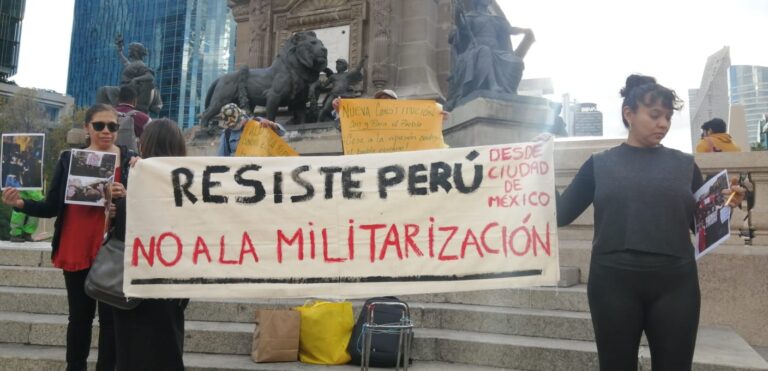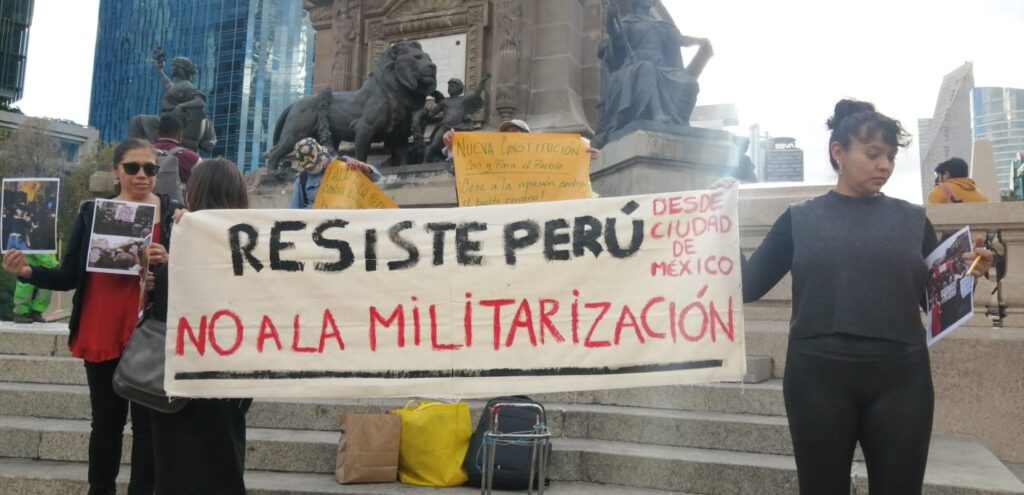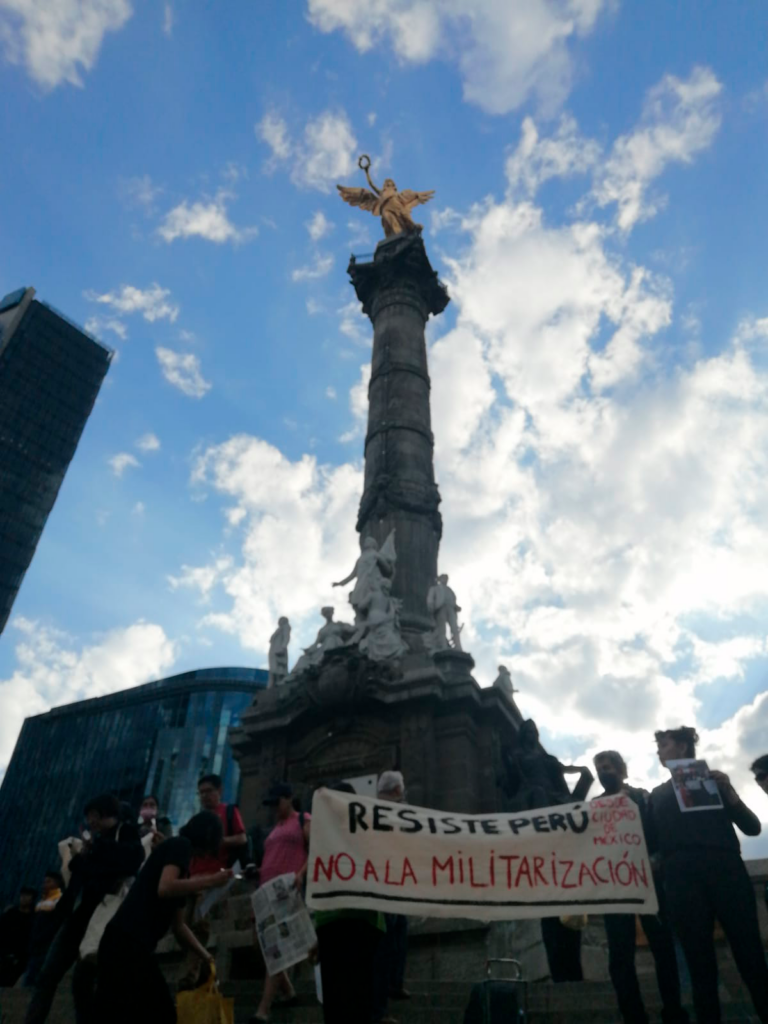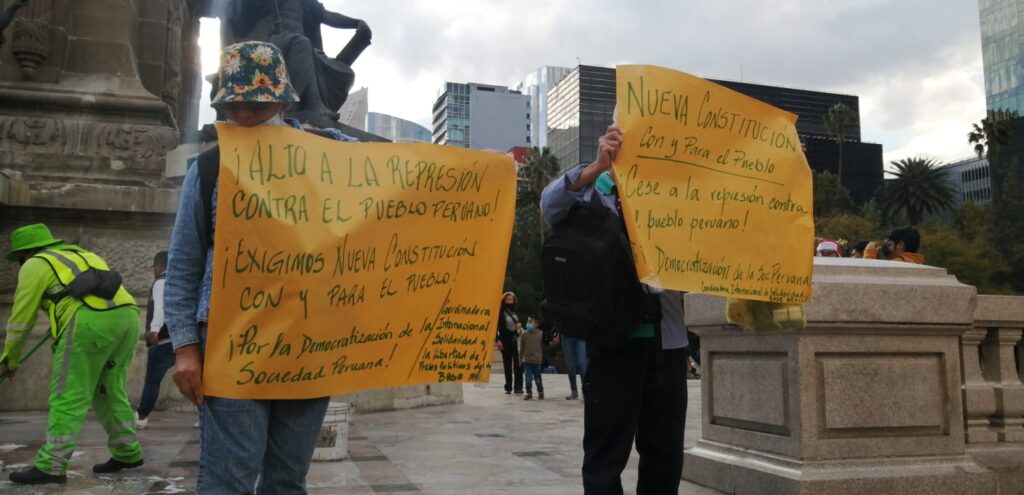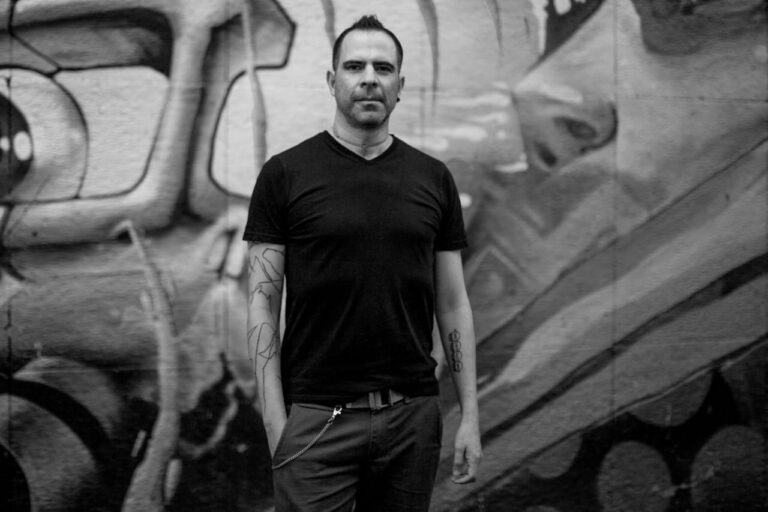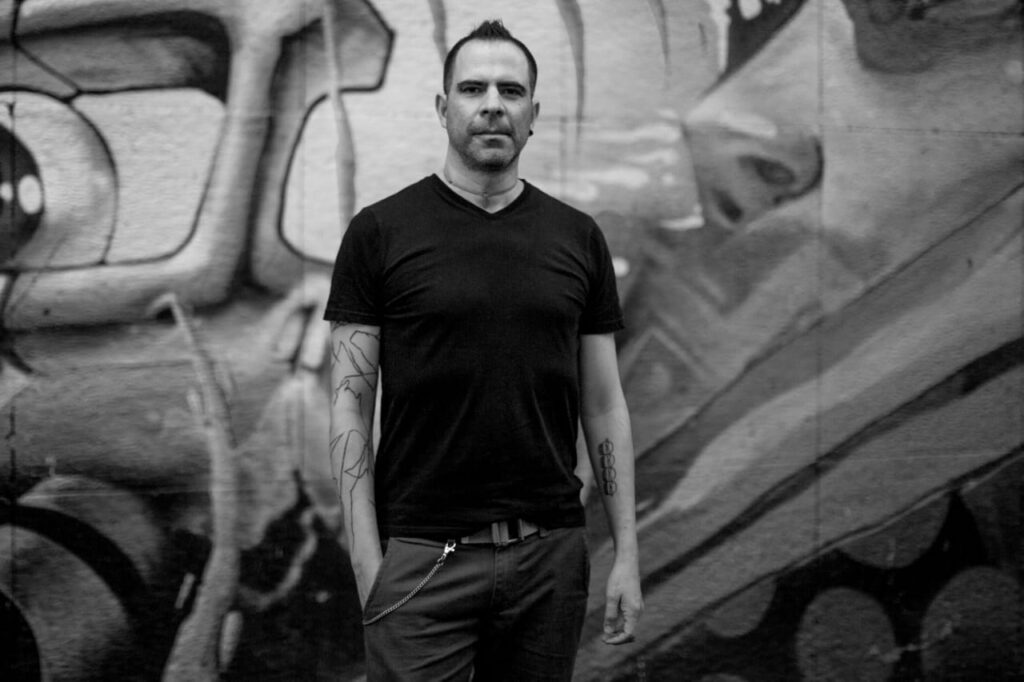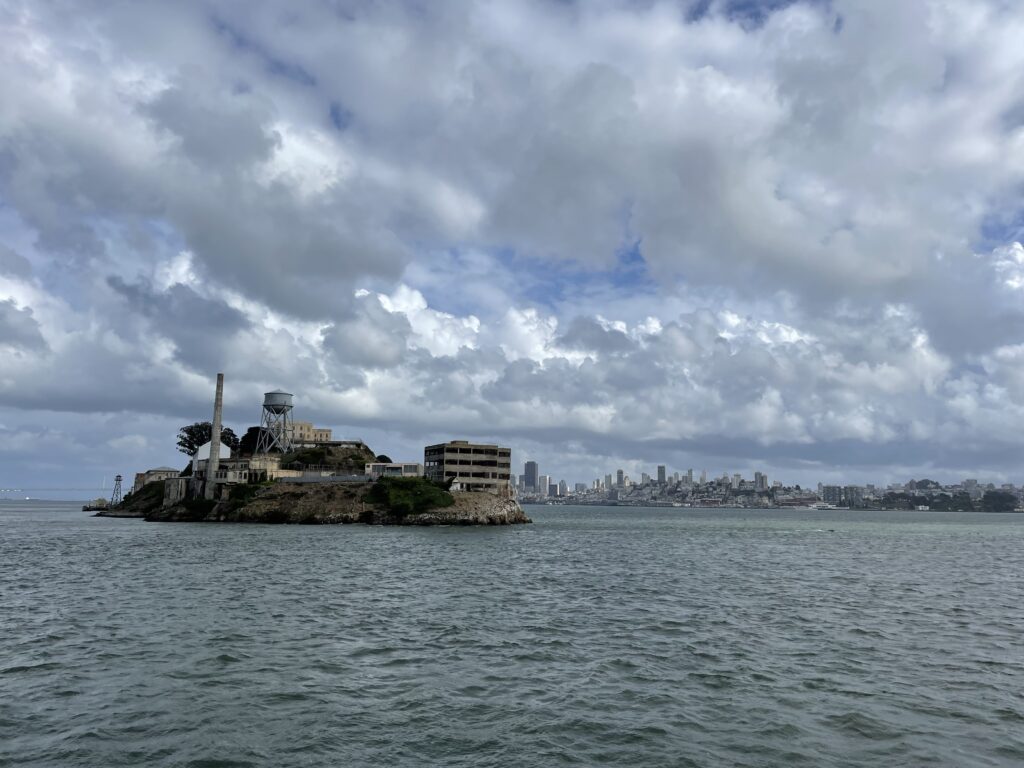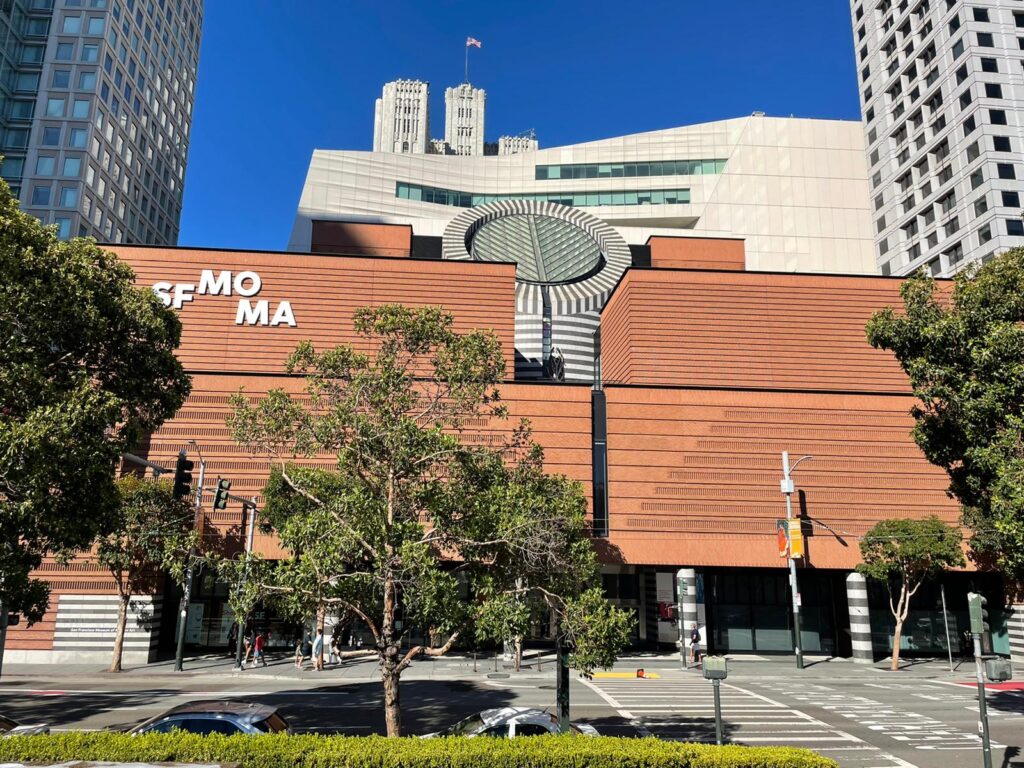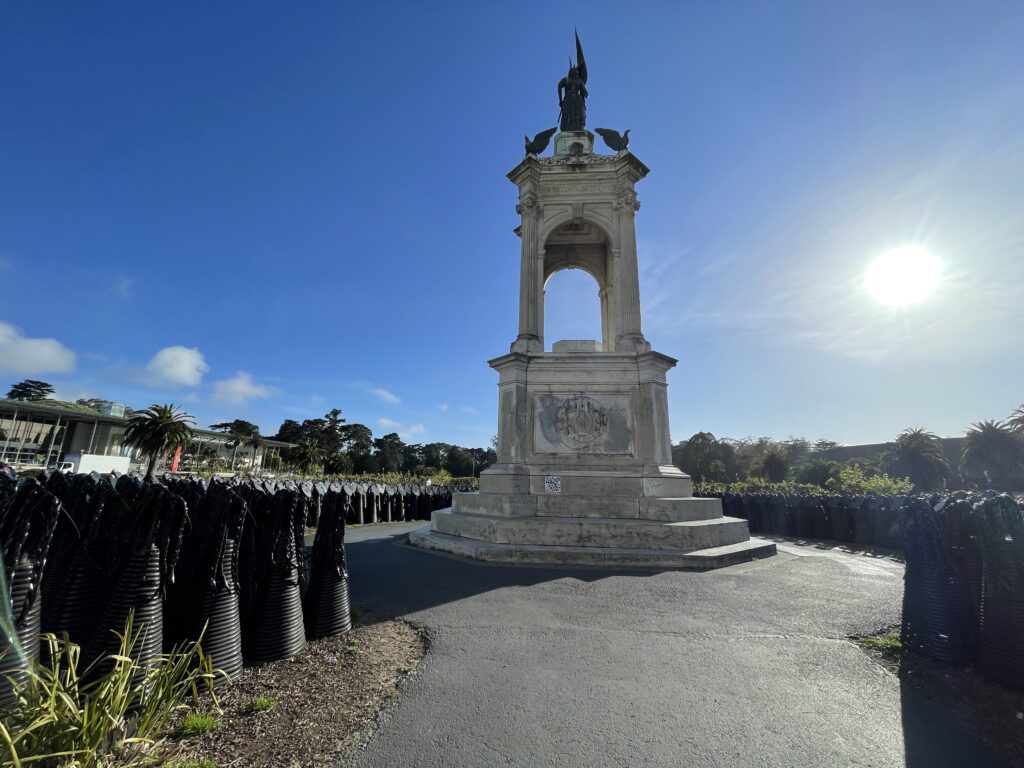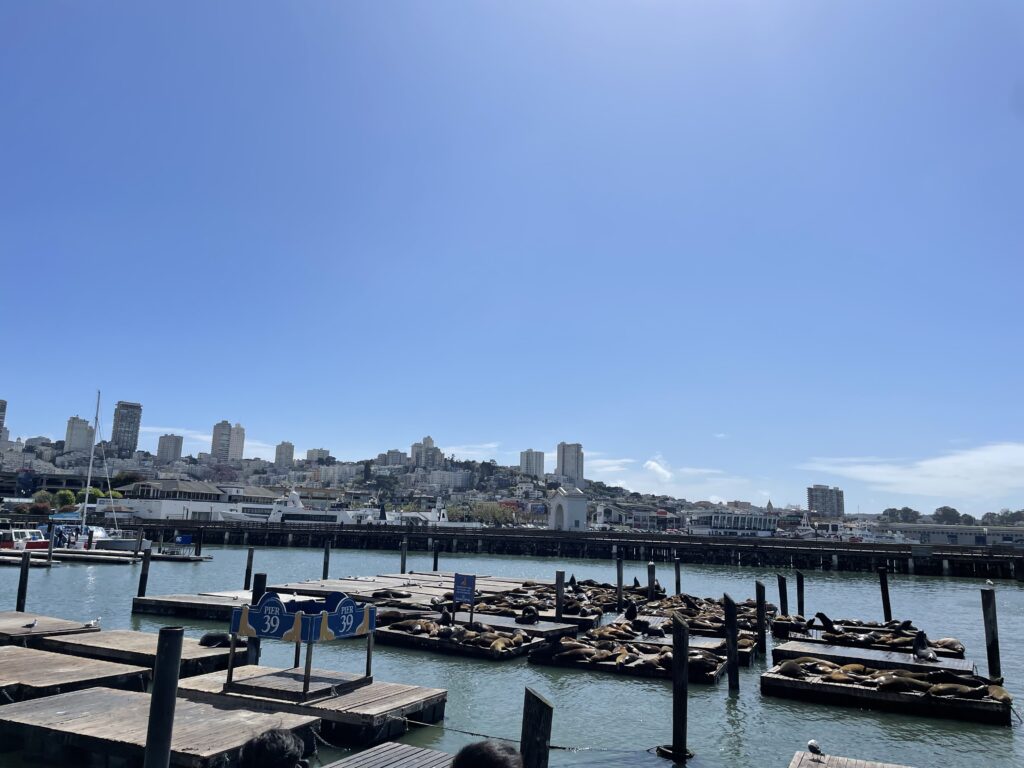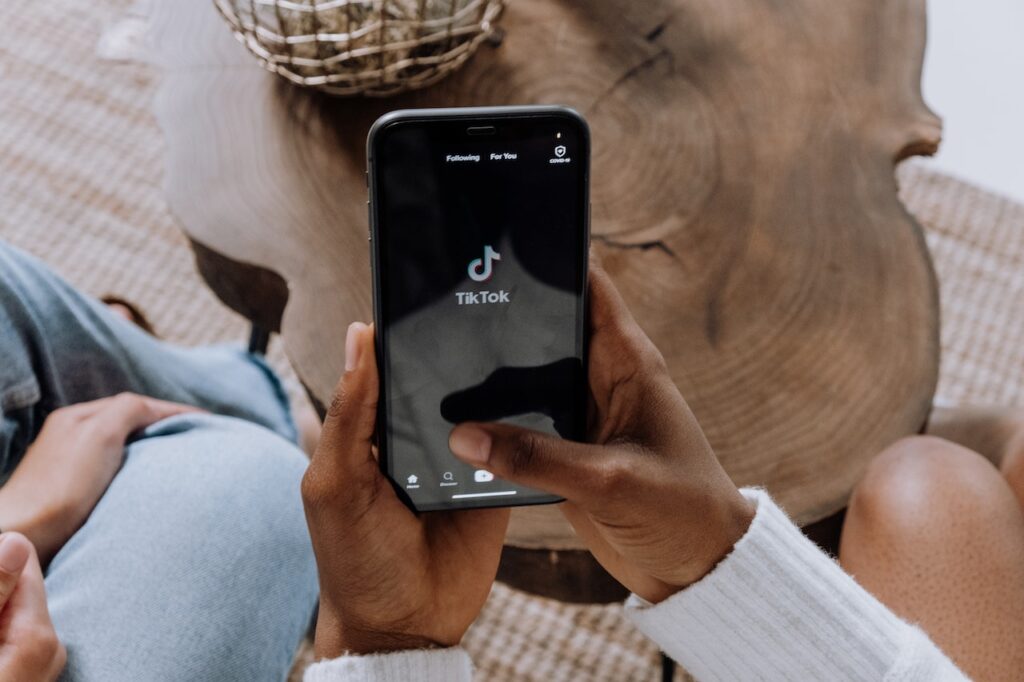
La red social de origen chino para compartir videos cortos y en formato vertical, TikTok, ha cobrado cada vez más fuerza entre los jóvenes en todo el mundo, tan solo en Estados Unidos, dos tercios de los adolescentes la usan con un promedio de 80 minutos al día. La situación se vuelve grave cuando, de acuerdo con A study, se ha detectado que a través del contenido generado, TikTok promueve desórdenes alimenticios y autolesiones.
Y es que, la aplicación, propiedad de la compañía china Bytedance, entrega rápidamente una serie de videos cortos a los usuarios y ha superado a Instagram, Facebook y YouTube en la apuesta por los corazones, las mentes y el tiempo de pantalla de los jóvenes.
Sin embargo, la mayoría de la gente entiende muy poco sobre cómo funciona TikTok o los peligros potenciales de la plataforma, afirma el Centro para Contrarrestar el Odio Digital ‒CCDH, por sus siglas en inglés‒, organización sin fines de lucro que detalla que esta aplicación revela una brecha generacional en el uso y la comprensión.
«Los resultados son la pesadilla de todos los padres: los feeds de los jóvenes son bombardeados con contenido dañino y desgarrador que puede tener un impacto acumulativo significativo en su comprensión del mundo que los rodea y en su salud física y mental», subraya el informe «Mortal por diseño», el cual destaca que busca dar a los padres y legisladores una idea del contenido y los algoritmos que dan forma a las vidas de los jóvenes en la actualidad.
TikTok opera a través de un algoritmo de recomendación que construye un feed personalizado «Para ti» de desplazamiento sin fin, aparentemente basado en los Me gusta, los seguidores, el tiempo de visualización y los intereses de un usuario. Los investigadores del CCDH crearon cuentas «estándar» y «vulnerables» en las geografías cubiertas.
Las investigaciones han indicado que los usuarios que buscan contenido sobre trastornos alimentarios a menudo eligen nombres de usuario con lenguaje relacionado; por lo tanto, las cuentas «vulnerables» creadas por la organización contenían el término «bajar de peso» en sus nombres de usuario.
TikTok identifica la vulnerabilidad del usuario y la capitaliza. Las cuentas vulnerables del estudio recibieron 12 veces más recomendaciones de videos de autolesiones y suicidios que las cuentas estándar. «Los jóvenes que interactúan con este contenido deben hacer frente a una avalancha asombrosa de más y más videos recomendados en sus feeds».
Para el estudio, los investigadores del Center for Countering Digital Hate ‒ CCDH‒ crearon nuevas cuentas en los Estados Unidos, el Reino Unido, Canadá y Australia a la edad mínima permitida por TikTok, 13 años.
«Lo que encontramos fue profundamente perturbador». En 2.6 minutos, TikTok recomendó contenido suicida. En 8 minutos, TikTok mostró contenido relacionado con los trastornos alimentarios. Cada 39 segundos, TikTok recomendaba videos sobre imagen corporal y salud mental a los adolescentes, precisa el informe.
CCDH refiere que este 2022, por primera vez, la investigación de un forense en el Reino Unido dictaminó que las plataformas de redes sociales contribuyeron al suicidio de Molly Russell, de 14 años. A Molly le habían gustado, compartido o guardado 2 mil 100 publicaciones relacionadas con el suicidio, las autolesiones o la depresión en Instagram en los 6 meses anteriores a su muerte.
La investigación de Molly ha demostrado que la negligencia de Big Tech tiene consecuencias reales que alteran la vida, y que se necesita una regulación integral para proteger a los niños en línea.
Por su parte, este mismo año, la directora de operaciones de Tiktok, Vanessa Pappas, testificó ante el Comité de Asuntos Gubernamentales y Seguridad Nacional del Senado, donde dijo que la seguridad era una «prioridad» para su empresa y que la misión de TikTok era «inspirar la creatividad y traer alegría».
Sin embrago, «sus garantías de transparencia y rendición de cuentas son promesas vacías cargadas de palabras de moda que los legisladores, los gobiernos y el público han escuchado antes», precisa la organización CCDH.
Los investigadores encontraron una comunidad para el contenido de trastornos alimentarios en la plataforma, acumulando 13 mil 200 millones de visitas en 56 hashtags, a menudo diseñados para evadir la moderación.
«En lugar de entretenimiento y seguridad, nuestros hallazgos revelan un entorno tóxico para los usuarios más jóvenes de TikTok, intensificado para los más vulnerables», precisa.
El informe subraya la urgente necesidad de reformar los espacios en línea, argumenta que los legisladores deben exigir que las plataformas incorporen seguridad por diseño, transparencia de sus algoritmos e incentivos económicos, y rendición de cuentas y responsabilidad por no hacer cumplir sus términos de servicio y los daños que perpetúan sus plataformas.
«Sin supervisión, el algoritmo opaco de TikTok seguirá beneficiándose al servir a sus usuarios ‒niños de tan solo 13 años, recuerden‒ contenido cada vez más intenso y angustioso sin controles, recursos o apoyo», apunta.
You may be interested in: From games to election results, this was the most searched on Google this 2022

